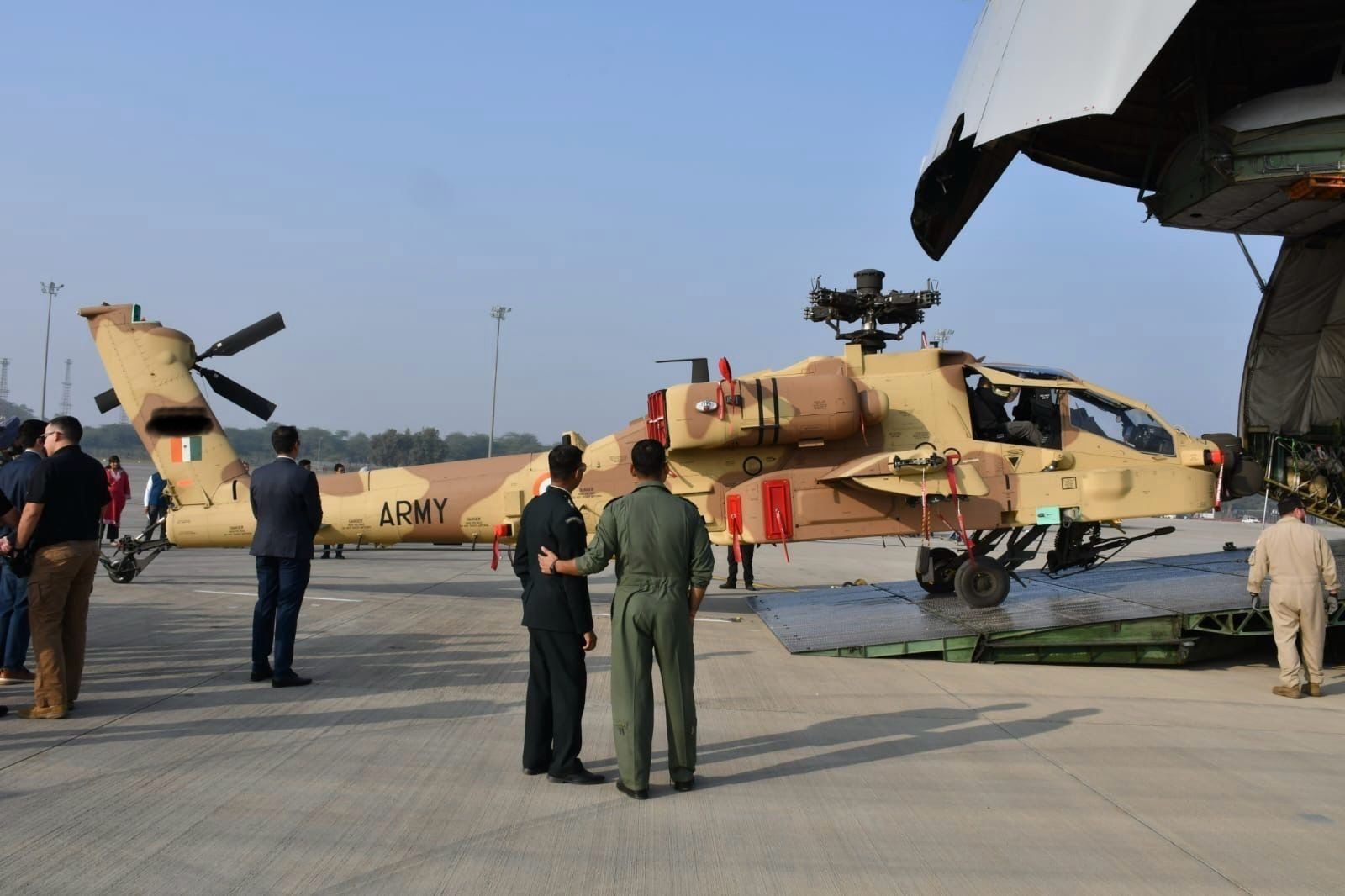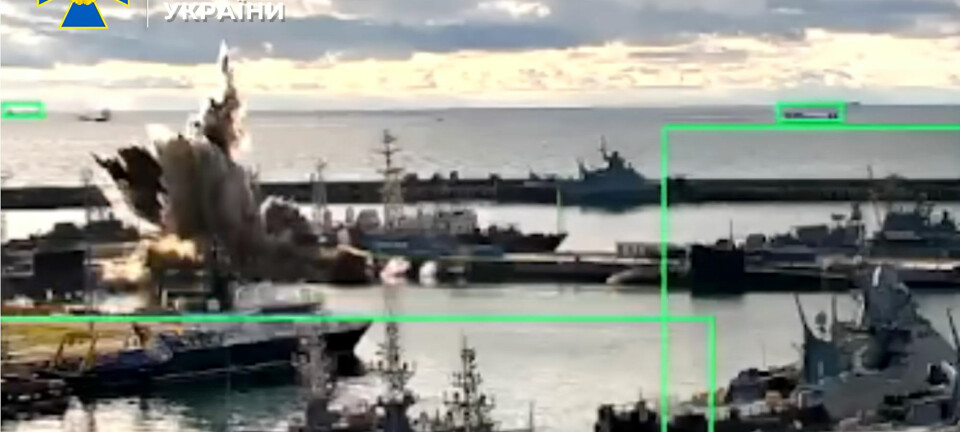“No one ever seizes power with the intention of relinquishing it.” George Orwell.
But history has proved over time that no Great Power has ever been able to maintain its hegemony for a longer period of time. A moment comes when it faces threats to its authority from the rising ‘revisionist’ states. And at a certain point, it eventually loses its hegemonic position and a new global order emerges out of the debris of the old one. But this desire of regional and global hegemony between the great powers gives rise to continued security competition with the potential for war. And middle or smaller powers, too, cannot evade the implications of these great structural transitions.
The surprising end of the cold war brought a shift in power poles and a uni-polar world with the US as a sole super-power emerged at the screens of geopolitics. The preachers of the liberal school of thought celebrated it as their win and philosophers like Francis Fukuyama marked the end of the cold war as the ‘End of History’, but it surely was not the end. The hegemony of US did go unchallenged for over several decades and the International system practically swung on the dictations of the US-led western bloc. Rest of the world, particularly the smaller Asian states had to mend their policies in compliance to the norms and regulations of the US-led liberal world order. But the gradually changing global power dynamics, indicated by the rise of several regional powers like China, India, Brazil, Turkey, etc. and the resurgence of Russia, show the signs of the transition of global order from a uni-polar into a multi-polar world, which now seems more imminent than ever.
Out of all the emerging powers, China is the only state that keeps the tendencies of a potential hegemon. This revisionist state not only undermines the US interests in the region but also poses a legit threat to its hegemony in world politics. It already has developed itself as an economic giant and has a share of about 19% of the world economy. According to a forecast by “Centre for Economics and Business Research”, the Chinese economy will overtake the US economy by 2030, becoming the largest in the world. And China could well utilize its enormous ‘Latent Power’ to become the greatest military might as well, in the few decades to come. Moreover, China has joined hands with Russia and both have agreed upon a ‘United Front’ against the western powers. The gradual rise of Chinese power and the concerns of Russian resurgence had raised the eyebrows of many in the US think tanks years ago. But it’s only recently when the US planned to wrap up all its proxies anywhere in the world and shift its focus completely on containing Chinese growing power and ever-increasing influence. This takes us back to a similar situation like the cold war when different containment policies were adopted by US and bloc politics were at an all-time high. However, the adversaries and the allies, the key players, and the regions of battlefields are different this time. Like the whole international system, the politics of the South-Asian region is also to be affected greatly by the new political developments.
As the world moves closer towards the bigger structural changes, the two nuclear-armed rivals of the South-Asia; Pakistan and India, are now at greater play than ever before. Any development in contemporary geopolitics is to have implications for both of them due to their proximity to great powers. Moreover, both; their geo-strategic location and geo-political goals, give them no escape either. Pakistan and India, both, share historical relations with the major powers at play in the current undeclared cold war of the 21st century. But the scenarios are very odd this time and the foreign policy options are quite different and narrow, and whoever would make the moves more strategically would be at benefits.
As of current, it seems India has better positioned itself, at least for now. It is not only highly engaged with US and other western allies on multiple fronts, but also didn’t let go its historic partner; Russia, despite the pressure from western powers. Moreover, despite its border disputes and standoffs with China, it still is one of the largest trade partners of the PRC. Though US by using old tactics of ‘Offshore Balancing’, is putting up Delhi against Beijing, but it is not doing so through coercion or ‘Stick Diplomacy’ which it often utilizes in its dealing with Pakistan. Instead, it is providing ‘Carrots’ to India in the form of economic benefits and arms supply. And India’s active presence in regional and international organizations has also multiplied its importance in geopolitics. Pakistan did recently try to come out of the American influence and pursue its own independent foreign policy for the maximization of its own national interests. But the US seems to hamper Pakistan’s efforts for strengthening relations with the states that pose challenges to the status quo in the international system. Another reason for Pakistan being in the more odd position as compared to India is its crippling economy. Pakistan is hardly avoiding bankruptcy through the bailout programs of IMF, and the FATF is another hanging sword on it. But the biggest advantage of Pakistan is its geo-strategic location and the importance of its gateways for China and other resource-rich Central Asian states. If utilized to its maximum, Pakistan could easily balance out the growing Indian influence in the region.
Pakistan needs to invest its energies in sharper minds at the policy-making centers because it is the need of the hour to examine the changing political environment, of not only the region but also the whole world and make decisions accordingly. We need to be a step ahead in planning the future than wait for things to happen and then plan or act.
About Author:

Muhammad Muqeem Abbasi is a student of International Relations at NDU Islamabad.












